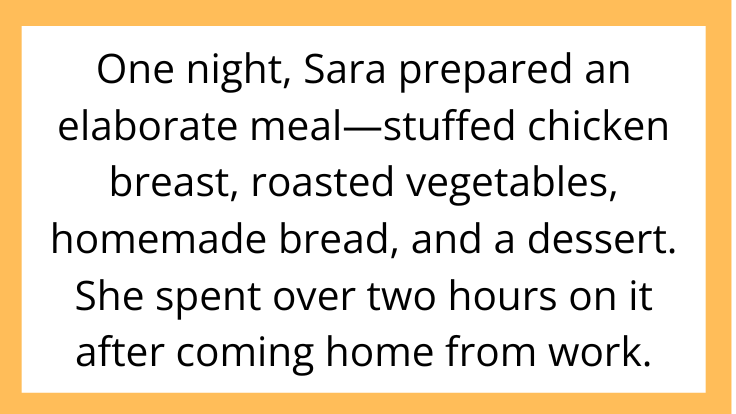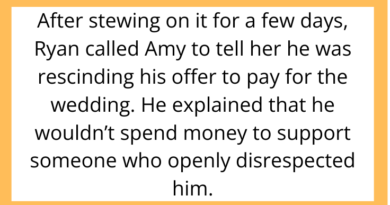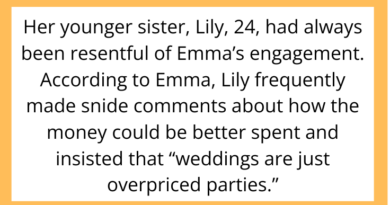AITAH for Not Letting My Husband Eat the Dinner I Cooked After He Insulted Me?
In the age of viral relationship debates, the kitchen has become more than a place to prepare food—it’s a battleground for respect, effort, and emotional labor. This AITAH story is a prime example of how a seemingly small moment can reveal major cracks in a relationship.
Here’s what happened—and why thousands of people are still arguing about it online.
A Home-Cooked Conflict
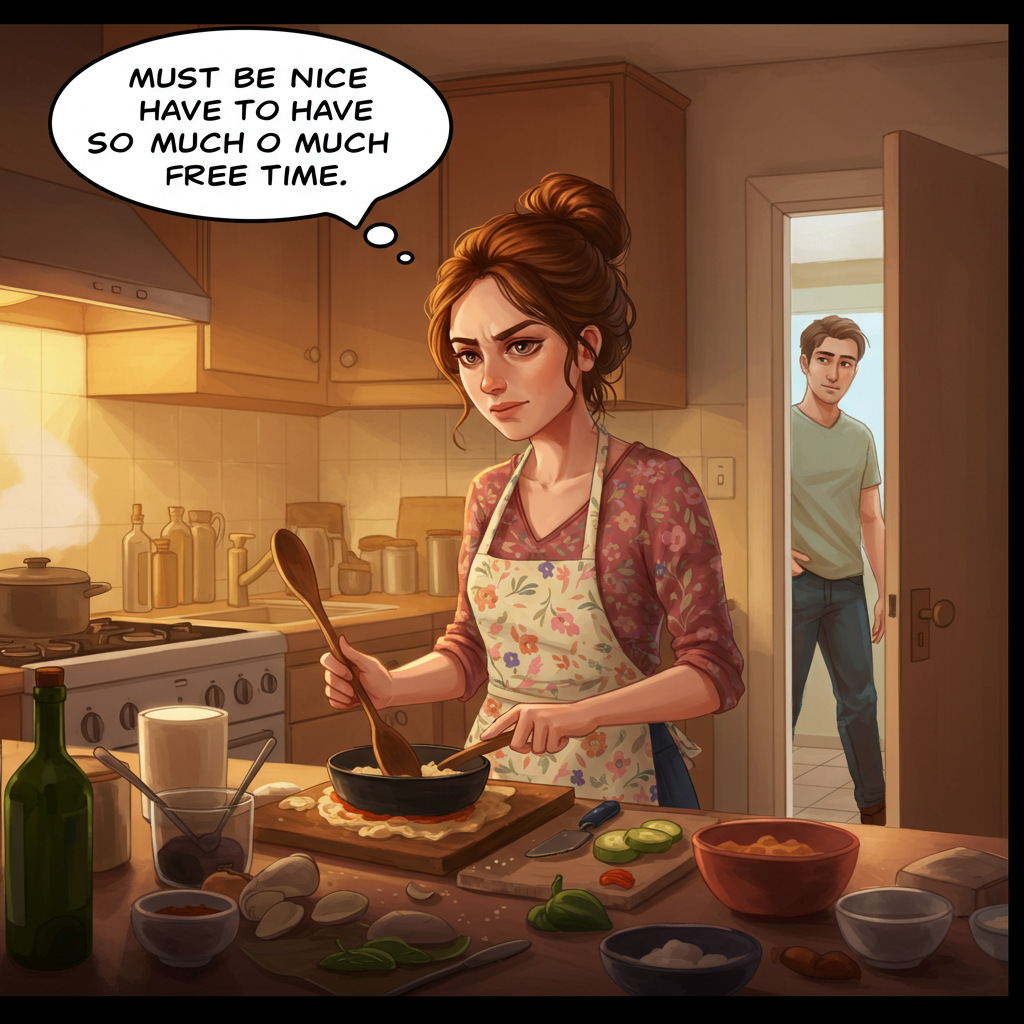
The original poster (let’s call her Sara), a 28-year-old woman, shared her story on the r/AITAH subreddit. She works full-time and still manages to cook dinner almost every evening for her husband, Dave, 31.
One night, Sara prepared an elaborate meal—stuffed chicken breast, roasted vegetables, homemade bread, and a dessert. She spent over two hours on it after coming home from work.
When Dave walked in, he barely looked at the food and said, “Wow, must be nice to have that much free time.”
Sara was stunned. She explained that she had actually rushed home, skipped her workout, and worked straight through the evening just to make a nice dinner for them both. Dave shrugged it off and went to change clothes.
Feeling hurt and unappreciated, Sara quietly wrapped up the food and put it in the fridge. When Dave came back and saw the table was empty, he asked what happened to dinner.
“I told him he could eat the leftovers tomorrow if he still felt like it,” Sara wrote.
That’s when the real argument started.
The Aftermath: A Petty Move or a Power Play?
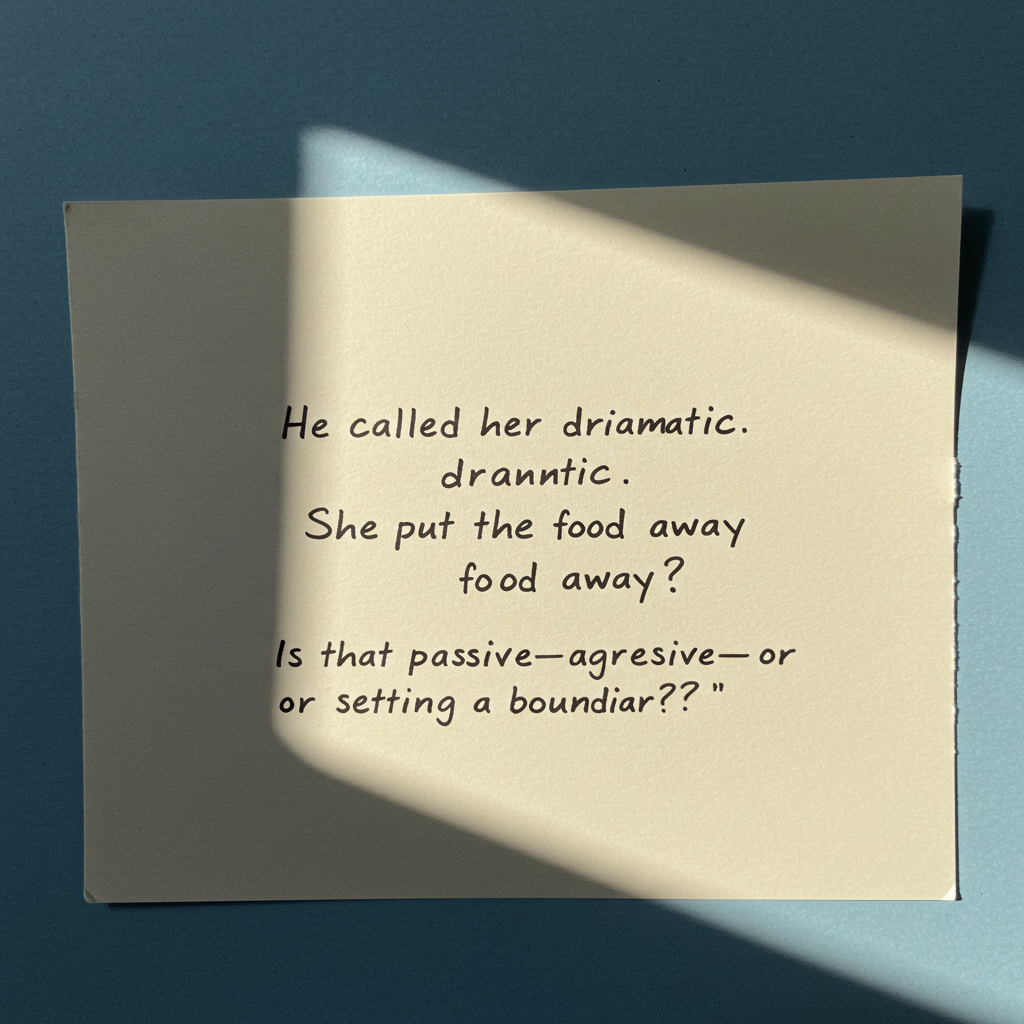
Dave accused Sara of overreacting and being passive-aggressive. He said it wasn’t a big deal and that she should’ve just “let it go.” He even called her “dramatic” for denying him food.
Sara replied that it was a big deal—because it wasn’t about the food. It was about the lack of appreciation, the sarcastic comment, and the expectation that her efforts should be taken for granted.
Now the couple isn’t speaking, and Sara turned to Reddit to ask: AITAH for not letting him eat the dinner I cooked after he insulted me?
Emotional Labor: The Invisible Effort

This story struck a nerve online because it perfectly illustrates the concept of emotional labor. Cooking dinner isn’t just about the meal—it’s about care, time, and thoughtfulness. When those efforts are dismissed, it sends a message that your time and energy aren’t valued.
Sara’s refusal to serve the food wasn’t about being petty. It was about drawing a line: if you disrespect my effort, you don’t get to benefit from it.
Many commenters supported her.
“If he thinks it’s no big deal, then he shouldn’t care about missing one dinner,” one wrote. “Actions have consequences.”
Others noted that while her reaction was strong, it sent a necessary message.
But Was It Too Harsh?
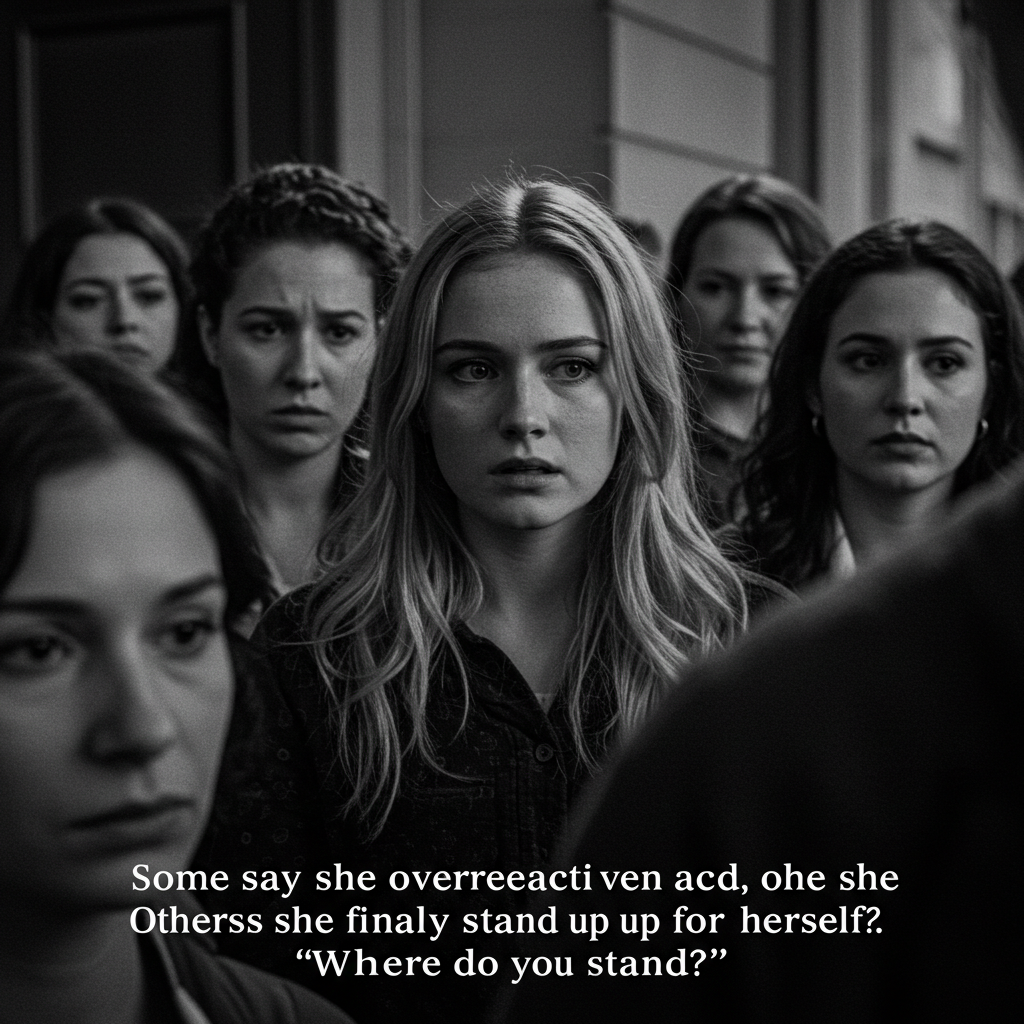
Not everyone was Team Sara. A few users felt that withholding food crossed into passive-aggressive territory.
“There were better ways to talk about this,” one comment read. “Communication is key—not silent punishment.”
Some also wondered if this might be a pattern. Is Dave always dismissive? Or was this a one-off mistake made after a bad day?
Still, even those who disagreed with Sara’s reaction admitted Dave’s comment was unnecessary and dismissive.
Communication or Consequences?

What Sara Could’ve Done:
-
Expressed her hurt feelings directly without removing the food.
-
Taken a moment to cool off, then initiated a conversation about appreciation.
-
Asked Dave how he’d feel if the roles were reversed.
What Dave Should’ve Done:
-
Acknowledge her effort immediately—even if he was tired or stressed.
-
Apologize sincerely after realizing his comment was hurtful.
-
Understand that sarcasm isn’t harmless when someone’s made a clear effort.
This situation isn’t about a plate of food—it’s about how partners recognize (or fail to recognize) each other’s emotional investments.
What This Reveals About Relationships
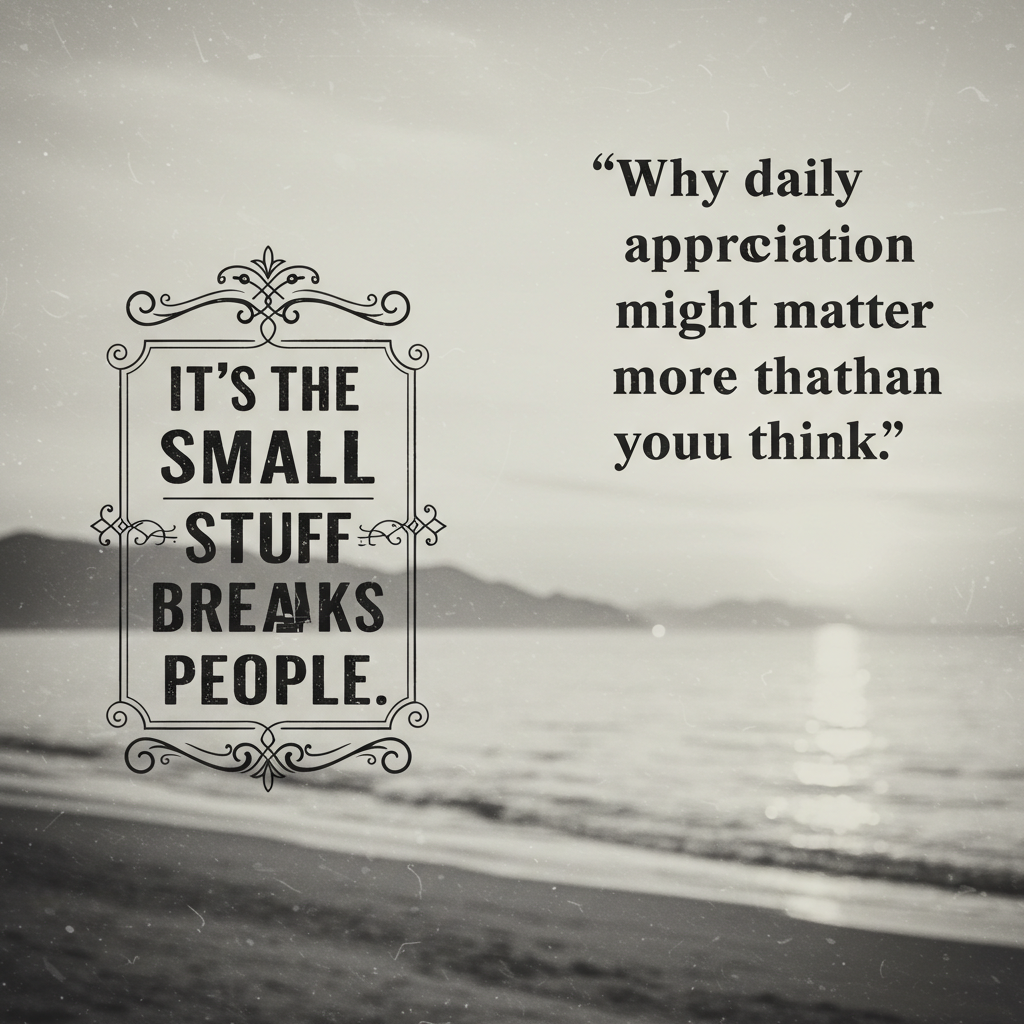
In long-term relationships, it’s often not the big betrayals but the everyday dismissals that do the most damage.
A snide comment here, a forgotten “thank you” there—it all adds up.
Couples who thrive are the ones who pay attention to the little things. They say thank you. They compliment the roast chicken. They understand that appreciation isn’t optional—it’s essential.
Final Verdict: Not the Villain—But Could’ve Handled It Differently

Sara’s actions may have been reactive, but they weren’t malicious. They were a boundary, a statement, and a demand for respect.
No, she’s not the villain. But this could’ve been a powerful moment for connection, not conflict, if both partners had approached it with humility instead of defensiveness.
The key takeaway? If you want to eat the meal, honor the effort.
